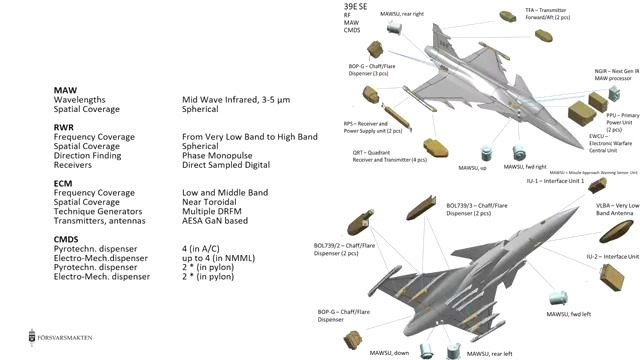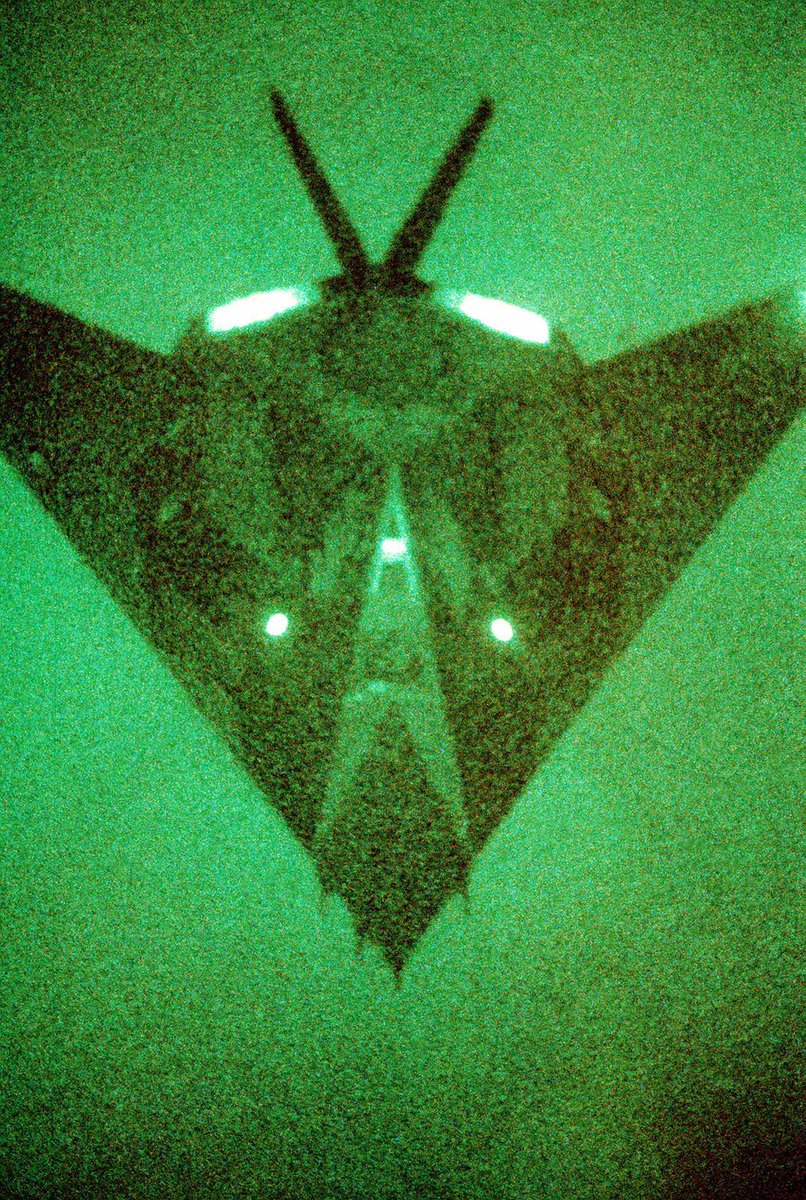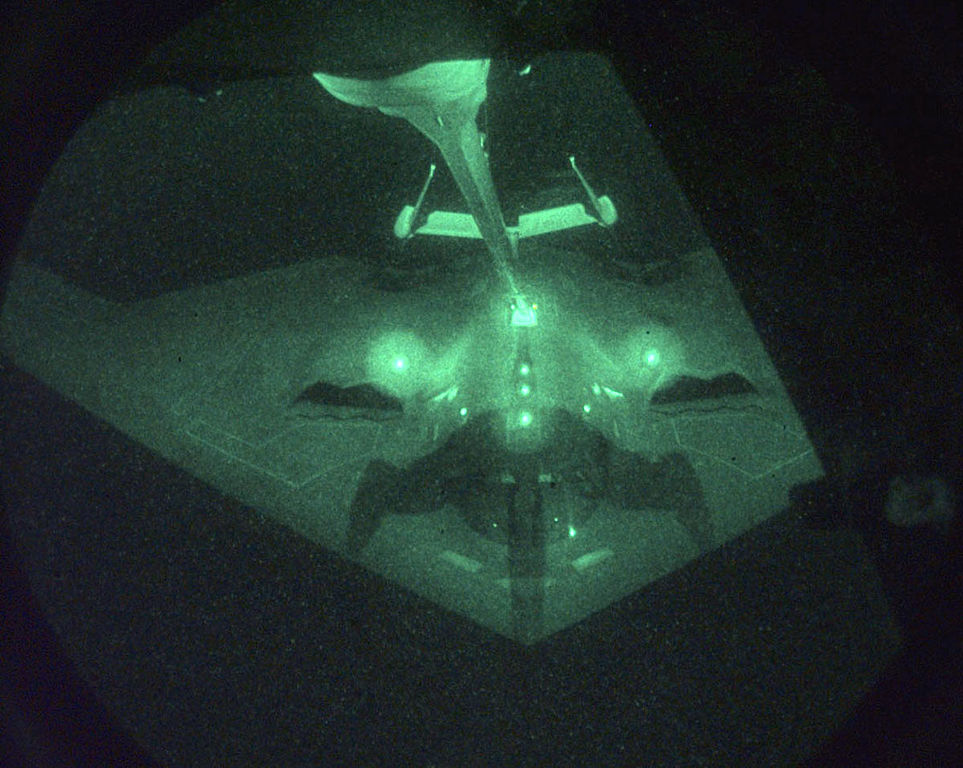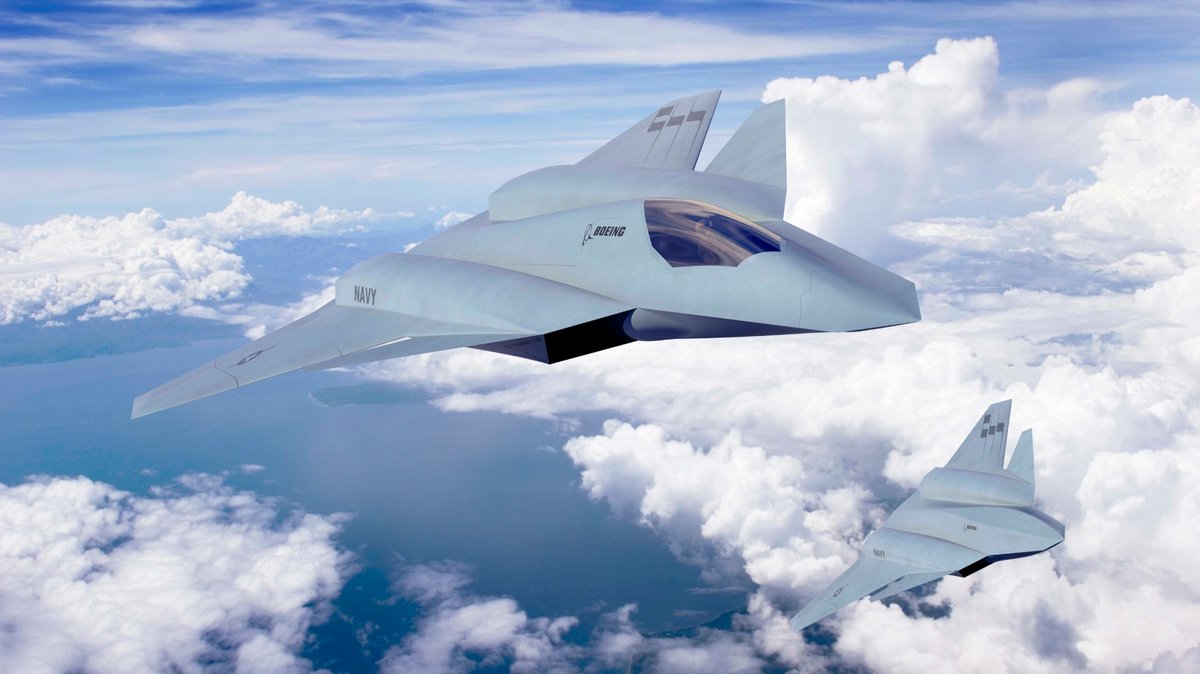HAVE DASH II, AARGM-ER, and the future of American long-range air-to-air missiles:
This is going to be an unusual thread for me, completely based on speculation and some basic knowledge about the direction of experimental programs and the goals of JATM.
AARGM-ER pictured.
This is going to be an unusual thread for me, completely based on speculation and some basic knowledge about the direction of experimental programs and the goals of JATM.
AARGM-ER pictured.

This is a topic I've been giving some limited thought to for a very long time, but only recently formed an opinion on. The short version is that I think JATM will use a similar airframe to AARGM-ER, with some optimizations for maneuverability.
The first place to start is with HAVE DASH, a program to develop a low-observable missile in the 90s for use on future low-observable fighters.
HAVE DASH was characterized by fully flat sides that allowed for conformal carriage, limiting the RCS of an installed missile to nearly zero.






Its shaping also allowed for a very low RCS in flight, meaning that a target with a sensitive radar would likely be unable to detect a launch until it was picked up on an IR-based missile warning system or the terminal seeker went active.
In retrospect, this was a silly endeavor, as the F-22 ended up with internal weapons bays, making the HAVE DASH program mostly irrelevant for the time, and fell victim to budget cuts that came after the fall of the USSR.
However.
That does not mean that there was nothing to be learned from it. The shaping of the missile body was optimized for low observability, but the Ford LORAL designers took advantage of the flat sides and lifting body that this design constraint would impose.
That does not mean that there was nothing to be learned from it. The shaping of the missile body was optimized for low observability, but the Ford LORAL designers took advantage of the flat sides and lifting body that this design constraint would impose.

It was designed to use an autopilot logic system called bank-to-turn. A self-explanatory system, this, when combined with a lifting body, provided much higher maneuverability when compared to a normal skid-to-turn system. 

In the late 80s and early 90s, this was an extremely difficult autopilot to design within the hardware constraints of the time. HAVE DASH suffered from sideslip and inertial coupling issues that were very hard to handle.
One of the many blessings of Moore's Law is that we now have much more powerful ICs, and a significantly more complicated autopilot can be designed, solving one of bank-to-turn's biggest downsides.
This brings us to AARGM-ER. AARGM-ER is optimized for range, while still fitting into an internal weapons bay.
Those strakes, like the flat side of HAVE DASH, provide body lift and increase range when compared to a round body, and incur little drag penalty.
Those strakes, like the flat side of HAVE DASH, provide body lift and increase range when compared to a round body, and incur little drag penalty.

Of course, these are more for increased range than maneuverability, but the concept is sound. I suspect similar devices will be used on JATM, as the need for HAVE DASH style LO geometry will likely be lower due to improved composites and the lack of a need for external carriage.
Another thing to note is the importance of limiting fin surfaces on an LO missile. Though this study uses somewhat optimistic figures for RAM by my untrained guesstimation, you can see the massive radar cross-section of the fins, and the importance of RAM in lowering their RCS.






Without RAM, though, from 90° on, the RCS in X-band radar is the same as some cold-war strategic bombers!
With a less optimistic reflectivity value, the large fins would still provide a significant RCS increase.
With a less optimistic reflectivity value, the large fins would still provide a significant RCS increase.
This is one of the many reasons I suspect that a Tartar/Standard or AMRAAM-ER configuration will not be used, and a bank-to-turn lifting-body missile will be designed and chosen instead. 

In short, I believe a next-generation tactical missile will likely use composites, RAM, LO geometry, and more, but will most likely end up looking like something between an AARGM-ER and HAVE DASH rather than the current "fan renders" that you can find online.
HAVE DASH pictured.
HAVE DASH pictured.

• • •
Missing some Tweet in this thread? You can try to
force a refresh

























